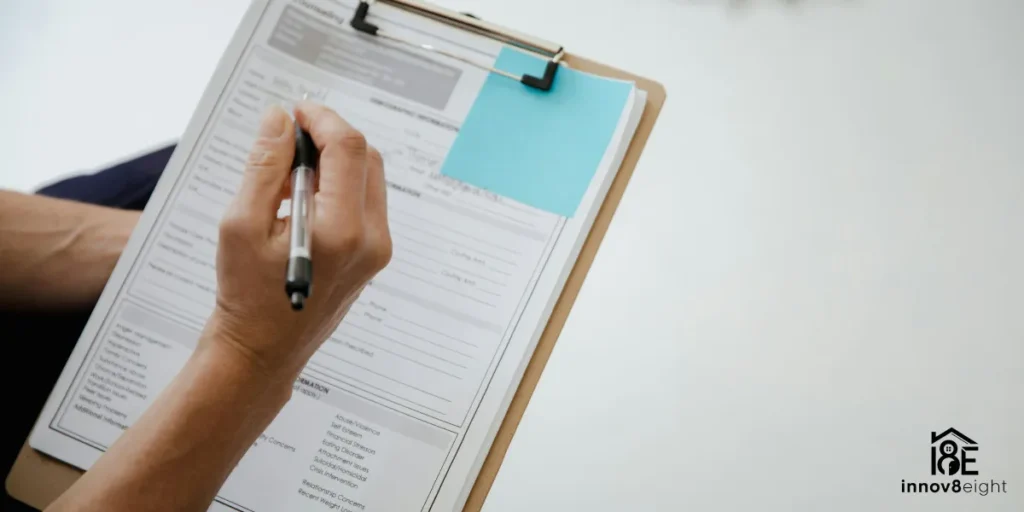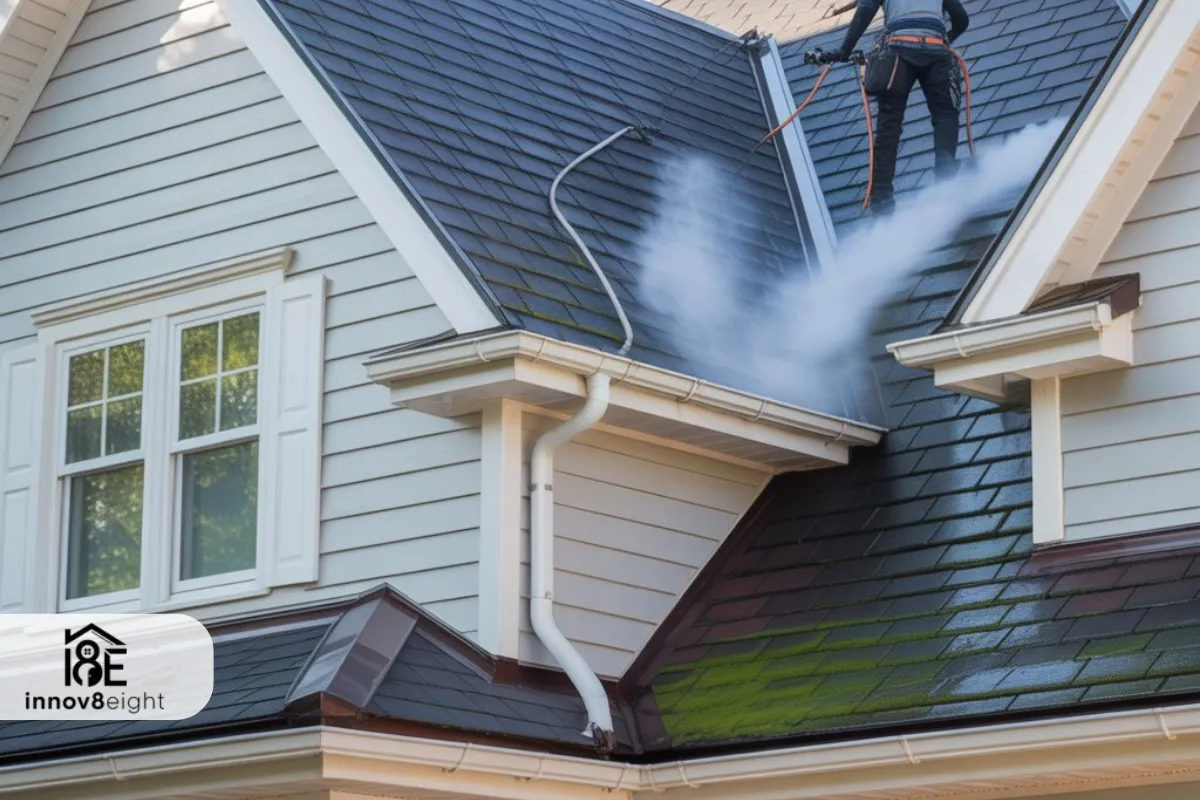Running a contracting business in Pennsylvania comes with its own set of rules—and one of the most important tools in your legal toolkit is your invoice form. You might think invoices are just for billing, but in Pennsylvania, they serve a bigger purpose: they’re part of the legal protection you need under the Home Improvement Consumer Protection Act (HICPA).
Whether you’re remodeling a kitchen in Pittsburgh or replacing a roof in Harrisburg, using PA compliant home improvement invoice forms isn’t optional. It’s the law. And not following these requirements can cost you more than just a job—it can mean lawsuits, fines, and even losing your ability to operate legally in the state.
What Makes an Invoice “PA Compliant”?
The Pennsylvania HICPA law, which took effect in 2009, is designed to protect homeowners from unscrupulous contractors and hold businesses accountable for their work. One of the most critical components of HICPA compliance is how you write, present, and manage your invoices and contracts.
To be considered compliant, your invoice form must include specific information, such as:
- Contractor’s legal name and address
- PA HIC Registration number
- A full description of the work
- Total cost of the project
- Payment schedule
- Estimated start and end dates
- Consumer’s right to cancel (including 3-day cancellation notice)
If any of this is missing, you could be out of compliance—and that exposes your business to legal risk.
Why Does Invoice Compliance Matter in Pennsylvania?
You might be thinking: “I already issue receipts and collect payment. Why does the format matter?” Because in Pennsylvania, it’s not just about paperwork—it’s about consumer rights and enforceable contracts.
Legal Protection
If a customer refuses to pay, your ability to collect depends on having a legally valid contract and invoice. A sloppy or non-compliant invoice won’t hold up in court. Worse, if you’re sued, a judge may dismiss your case—or rule against you—simply because you didn’t follow the rules.
Enforcement by the Attorney General
The Pennsylvania Attorney General has authority to investigate and penalize contractors who violate HICPA. Fines can range from $1,000 to $10,000 per violation, and repeat offenders may face criminal charges or license revocation.
Consumer Trust and Professionalism
A properly formatted invoice shows clients that you’re operating legally and transparently. That alone can be the difference between winning or losing a bid—especially when homeowners are wary of fraud.
Key Elements Every PA Home Improvement Invoice Must Include
Here’s a breakdown of what your invoice must contain to be considered compliant under HICPA:
1. Contractor Info
- Your full business name (must match state registration)
- Mailing address
- Phone number
- PA HIC Registration Number
You must prominently display this number on every contract, invoice, ad, and promotional item.
2. Description of Work
Clearly outline what work will be performed. Include:
- Materials being used
- Type of labor involved
- Specific details (e.g., “install new asphalt shingle roof on 2-car garage”)
3. Total Price and Payment Schedule
You must state:
- Total project price
- When and how payments will be made (e.g., 25% deposit, 50% after drywall, 25% at completion)
Advance deposits cannot exceed one-third of the total project cost unless special-order materials are involved.
4. Start and Completion Dates
You must include:
- Approximate start date
- Approximate completion date
This protects both the contractor and the customer by setting expectations.
5. Notice of Right to Cancel
Pennsylvania law requires contractors to inform clients of their 3-day right to cancel the contract. This must be in writing and clearly visible on the invoice or attached documents.
Failure to include this language can render the entire agreement void.
What Happens If You Don’t Use a Compliant Invoice?
The risks are real—and potentially devastating:
1. You Could Lose the Right to Collect Payment
If your contract or invoice is non-compliant, you may not be able to legally enforce payment, even if the work was completed.
2. Customers Can Cancel at Any Time
Without the right cancellation notice, customers could argue the contract is void and cancel even after the job has started—leaving you unpaid.
3. You Could Face Fines or Lawsuits
The Attorney General’s Office can impose civil penalties for violations, and customers can file complaints that trigger legal investigations.
Example Scenario: Non-Compliant Invoice Nightmare
A roofing contractor in Lancaster quoted a homeowner $7,800 for a full tear-off and replacement. The invoice was handwritten, lacked a HIC registration number, and didn’t include the 3-day cancellation notice.
After a few rain delays, the homeowner pulled out of the deal and refused to pay for materials already purchased. The contractor tried to sue—but the court ruled the contract invalid.
Why? It wasn’t compliant with Pennsylvania HICPA. The contractor lost time, money, and his reputation—all because of an improperly written invoice.
How to Create a Compliant Invoice
If you’re unsure whether your current forms meet legal standards, here’s how to fix that fast:
Use Templates from Reliable Sources
The PA Attorney General’s website offers guidance and sample forms that are legally compliant. You can also find invoice generators or software that include HICPA-compliant templates.
Work With a Legal or Business Advisor
Consult a local attorney familiar with Pennsylvania contractor law or reach out to a Small Business Development Center (SBDC) for free help.
Use Contractor Invoicing Software
Modern contractor platforms like:
- Jobber
- QuickBooks Contractor Edition
- Housecall Pro
- Joist
…often include templates that meet state requirements and can generate documentation with just a few clicks.
Add Compliance Checklists to Your Onboarding
Train your team to double-check that every invoice includes:
- Your HIC registration
- Clear scope and price
- Legal language
- Signature fields
- Cancellation notice

FAQs
Can I just use a receipt instead of a full invoice?
No. A receipt does not qualify as a compliant home improvement contract or invoice under HICPA. You need a detailed document covering all legal elements.
Is the 3-day cancellation notice always required?
Yes, it must be included with every invoice or contract, unless the project is an emergency repair. Even then, the terms must be clearly spelled out.
What if I subcontract work—do I still need a compliant invoice?
Yes. If you are the one contracting directly with the homeowner, the legal responsibility is yours, even if the work is performed by a subcontractor.
What’s the easiest way to stay compliant?
Use digital tools with built-in legal templates, or get a lawyer to review your invoice and contract forms. Once you have a compliant template, save it and reuse it for every job.
Final Thoughts
In Pennsylvania, PA compliant home improvement invoice forms aren’t just a formality—they’re a legal requirement. Skipping or guessing your way through invoice documents can leave you vulnerable to penalties, payment disputes, and long-term damage to your business reputation.
The good news? Getting compliant is straightforward once you know what’s required. Whether you’re a solo contractor or running a growing crew, now is the time to review your forms, upgrade your process, and protect your business the right way.













